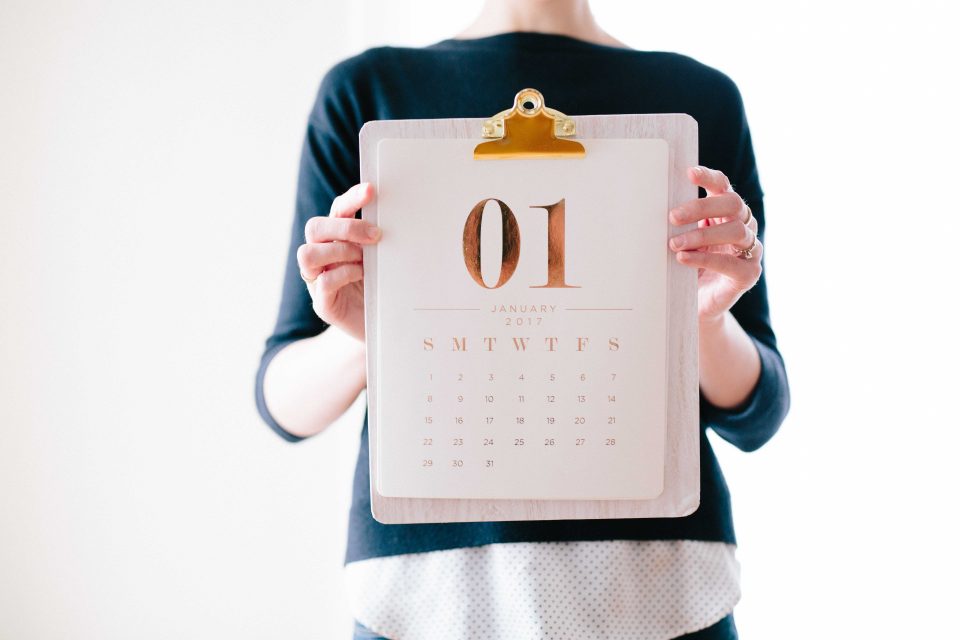Managing your money involves not only tracking your spending, but also monitoring the timing of your expenses.
If you’ve never mapped out important financial dates, I recommend getting a regular calendar, preferably one with plenty of room to write on it, and go through this exercise:
Mark down the dates that you receive income including paydays, pension income, government funds, or draw money from your savings.
Write down the due dates of all your monthly bills — mortgage/rent, utilities, cable, internet, and so forth.
Make note of the dates when irregular expenses crop up. Include when property and income taxes are due and insurance renewal dates. If you have kids, note the times of year when school expenses or fees for sports and other extracurricular activities come up.
Pencil in all key dates relevant to your money. This can include vacations, birthdays, weddings, and other personal events. If you are working, mark down the time of year you re-evaluate benefit plans or make adjustments to any work related retirement or group savings plans.
Be as thorough as possible. When you’ve completed your calendar, take a few moments and flip through the months of the year. You’ll get a sense of the ebbs and flows of your financial life. Keep the calendar handy and add more items as they come up in case you missed anything.
Once you’ve created a personal financial calendar by hand, you can input the info into any online tools or apps you’re using. Set reminders for yourself so you can stay on top of everything.

